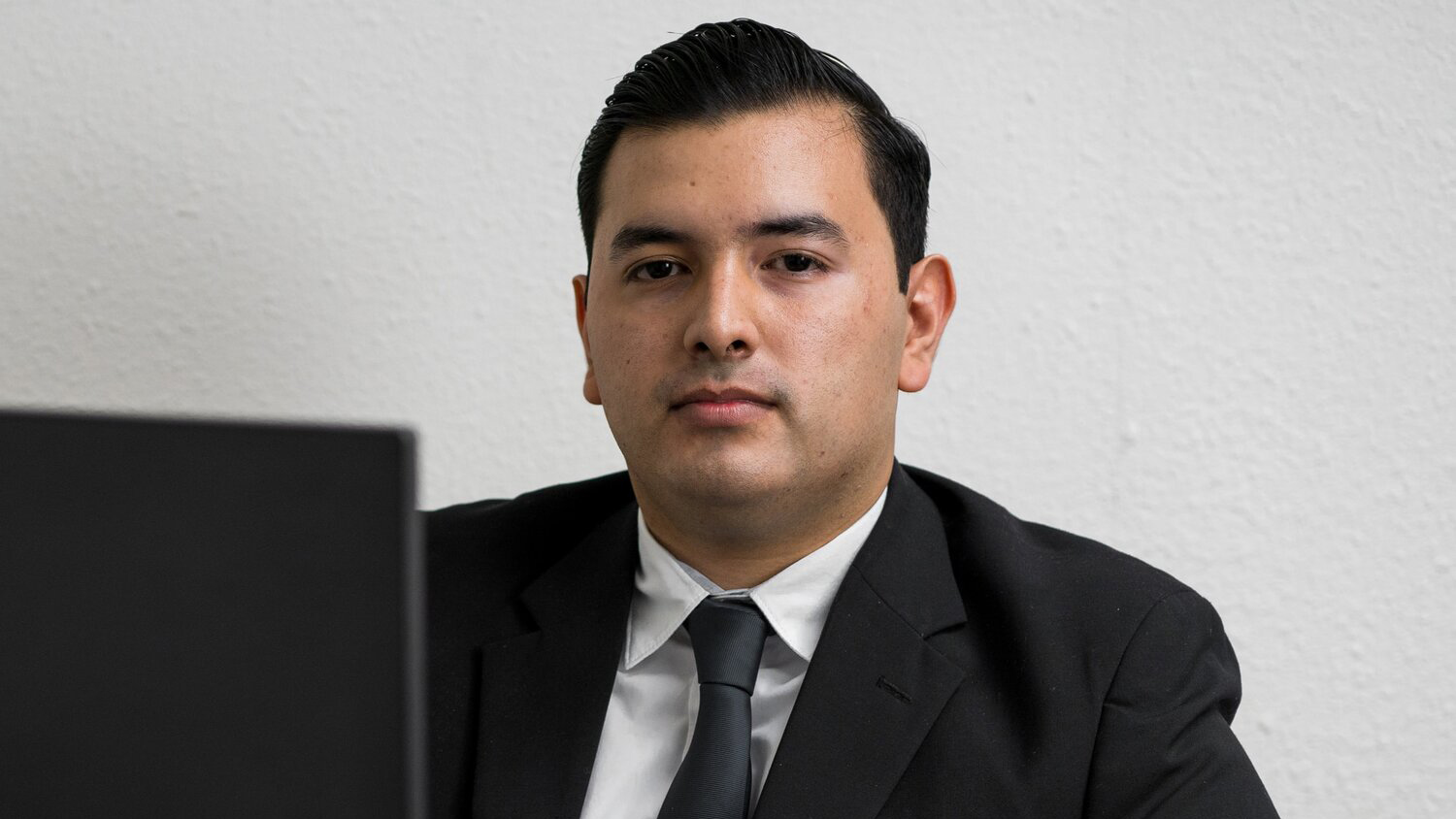1 min read
Understanding and Avoiding the Pitfalls of Attorney-Client Privilege
Aaron Ferguson Law Jul 25, 2024 8:00:00 AM

You may have heard a lawyer on TV refuse to provide information on the basis that it is “privileged,” but what exactly does that mean?
The lawyer is speaking about attorney-client privilege, and it’s an important part of the personal injury claim process. If you’re been injured and need legal counsel, here’s what it means for you.
Privilege vs. Confidentiality
Privileged information and confidential information may sound the same, but they have different meanings. .
- Privileged materials are communications between “privileged” persons. This includes any legal advice shared between a client and an attorney. These conversations are confidential, and at the option of the client, may be kept from the opposing side.
- Confidentiality includes privileged communications, but it also includes other information that a lawyer can’t divulge without client consent, court order, or some other specified exception. Confidentiality covers a much broader range of communication than privilege.
In both cases, the information shared is highly personal and not intended for widespread use. Attorneys work to ensure their client’s confidentiality, but clients must also avoid privilege issues themselves.
What Does This Mean For Me?
Attorney-client privilege allows clients to discuss issues openly with their attorney and obtain legal advice without fear that those communications will be disclosed to third parties. If you get the privilege “wrong,” there may be consequences for your claim. One of the biggest concerns with privileged information is waiving that privilege.
Waiving Privilege
If you waive the privilege for one document or conversation, either knowingly or unknowingly,, the opposing side might claim that you have waived privilege for other documents or conversations covering the same subject matter.
If you want the information to remain privileged, you must also keep it confidential. In other words, if you share privileged information with people besides your attorneys (or their office staff), you’ve lost the protection of privilege. This can severely jeopardize your chances of winning in litigation, lead to a damages award for the other side, and expose potentially embarrassing communications.
If you’veve been injured in an accident, or have concerns about attorney-client privilege related to your civil claim, please call 651-493-0426 or complete the form below for a free consultation with one of our experienced personal injury attorneys.
Get a Free Case Consultation
